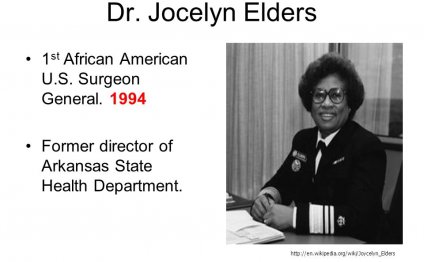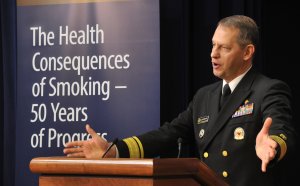
Us Surgeon General Wiki
General surgery is a surgical specialty that focuses on abdominal contents including esophagus, stomach, small bowel, colon, liver, pancreas, gallbladder and bile ducts, and often the thyroid gland (depending on local reference patterns). They also deal with diseases involving the skin, breast, soft tissue, trauma, peripheral vascular surgery and hernias.
General surgeons may sub-specialize into one or more of the following disciplines:
Trauma surgery/ Surgical Critical Care[edit]
In the United States and Canada, the overall responsibility for trauma care falls under the auspices of general surgery. Some general surgeons obtain advanced training in this field (most commonly surgical critical care) and specialty certification surgical critical care. General surgeons must be able to deal initially with almost any surgical emergency. Often, they are the first port of call to critically ill or gravely injured patients, and must perform a variety of procedures to stabilize such patients, such as thoracostomy, cricothyroidotomy, compartment fasciotomies and emergency laparotomy or thoracotomy to stanch bleeding. They are also called upon to staff surgical intensive care units or trauma intensive care units.
All general surgeons are trained in emergency surgery. Bleeding, infections, bowel obstructions and organ perforations are the main problems they deal with. Cholecystectomy, the surgical removal of the gallbladder, is one of the most common surgical procedures done worldwide. This is most often done electively, but the gallbladder can become acutely inflamed and require an emergency operation. Ruptures of the appendix and small bowel obstructions are other common emergencies.
Laparoscopic surgery[edit]
This is a relatively new specialty dealing with minimal access techniques using cameras and small instruments inserted through 0.3 to 1 cm incisions. Robotic surgery is now evolving from this concept (see below). Gallbladders, appendices, and colons can all be removed with this technique. Hernias are now repaired mostly laparoscopically. Most bariatric surgery is performed laparoscopically. General surgeons that are trained today are expected to be proficient in laparoscopic procedures.
VIDEO REVIEWS



Share this Post
Related posts
Surgeon General report on smoking
Order Documents Order 2014 Surgeon General s Report documents from our Publications Catalog. In the Publications Catalog…
Read MoreSurgeon General Tobacco warning
A Yale study estimates that 8 million lives have been saved in the United States as a result of anti-smoking measures that…
Read More










